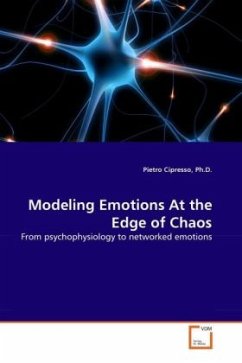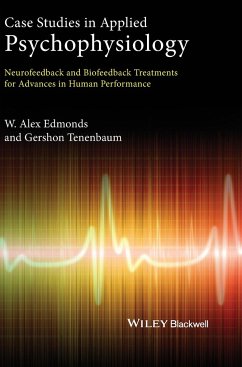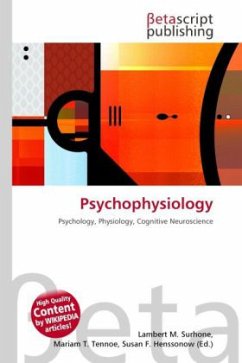
Modeling Emotions At the Edge of Chaos
From psychophysiology to networked emotions
Versandkostenfrei!
Versandfertig in 6-10 Tagen
52,99 €
inkl. MwSt.

PAYBACK Punkte
26 °P sammeln!
The edge of chaos is a metaphor used to describe the complexity that lies between systems that are too static and systems that are too chaotic. The science of complex systems is the best paradigm to use for describing and modeling behavioral and emotional aspects from both a mathematical and a psychological point of view. Today, emotions are often better understood by means of psychophysiological correlates. By measuring affective states in human beings, it is possible to create simple rules and assign these to specific behaviors. Coding such rules makes it easier to study interactions by usin...
The edge of chaos is a metaphor used to describe the complexity that lies between systems that are too static and systems that are too chaotic. The science of complex systems is the best paradigm to use for describing and modeling behavioral and emotional aspects from both a mathematical and a psychological point of view. Today, emotions are often better understood by means of psychophysiological correlates. By measuring affective states in human beings, it is possible to create simple rules and assign these to specific behaviors. Coding such rules makes it easier to study interactions by using simulated networks to evaluate the diffusion and the dynamics of strategic and behavioral aspects. Modeling emotions is surely interesting, but also practical. We need to understand how emotions affect human behavior and precisely how to endow artificial agents to follow such rules. With these important issues in mind, "Modeling Emotions At the Edge of Chaos" explores psychology, the complexity of emotions, and other aspects related to human behavior and helps us represent them in a formal, computational, and usable mode.












